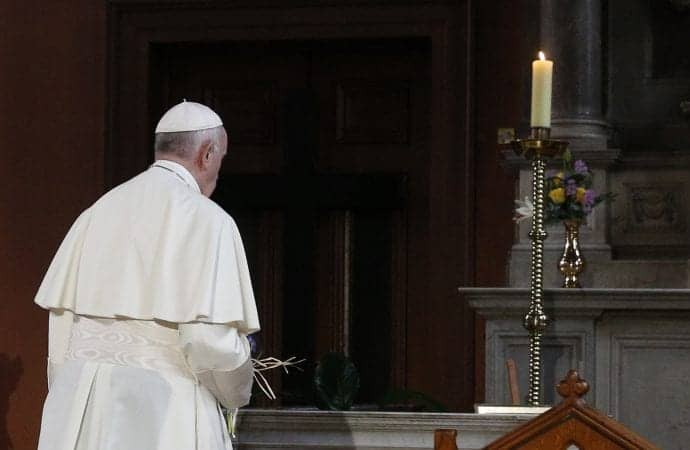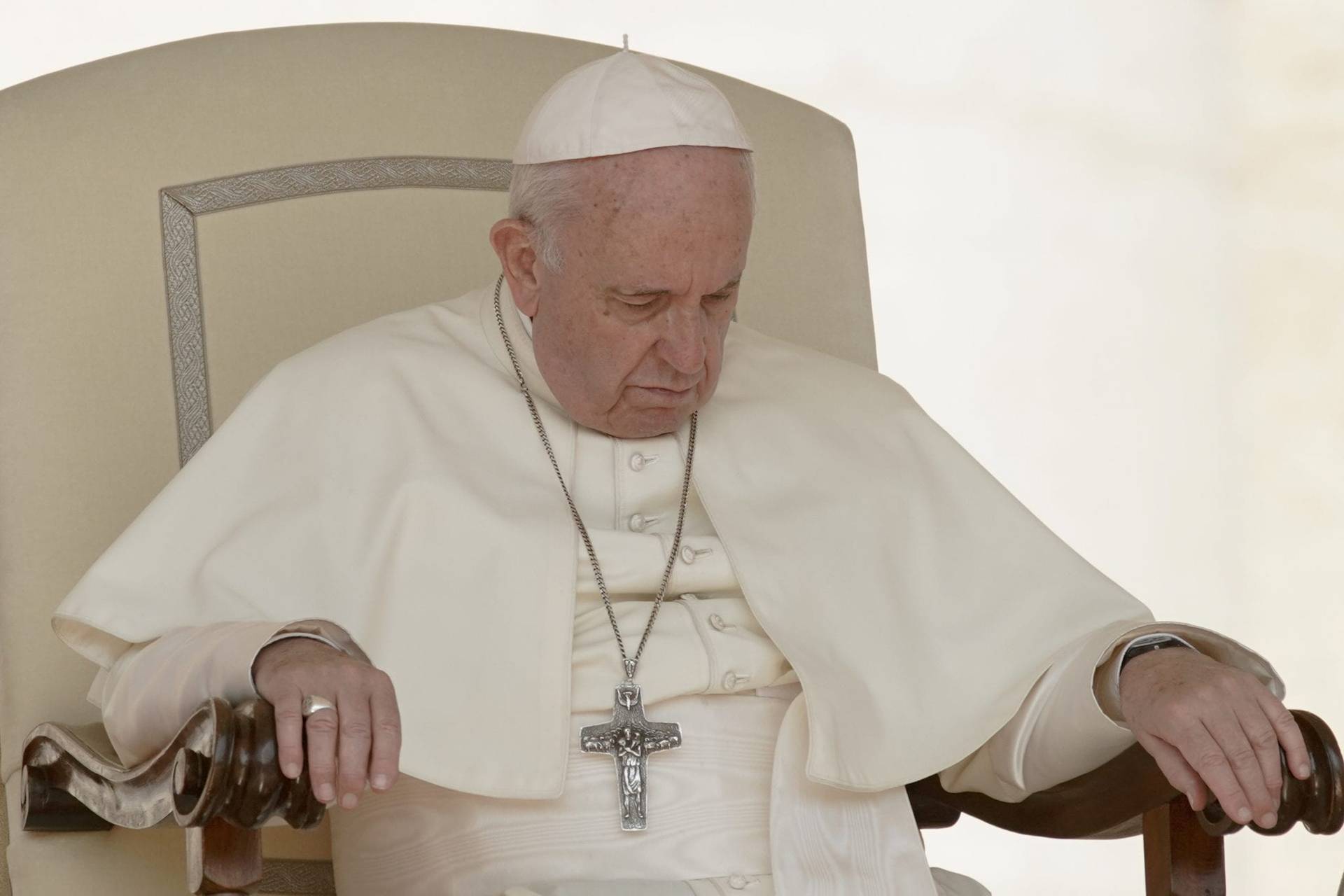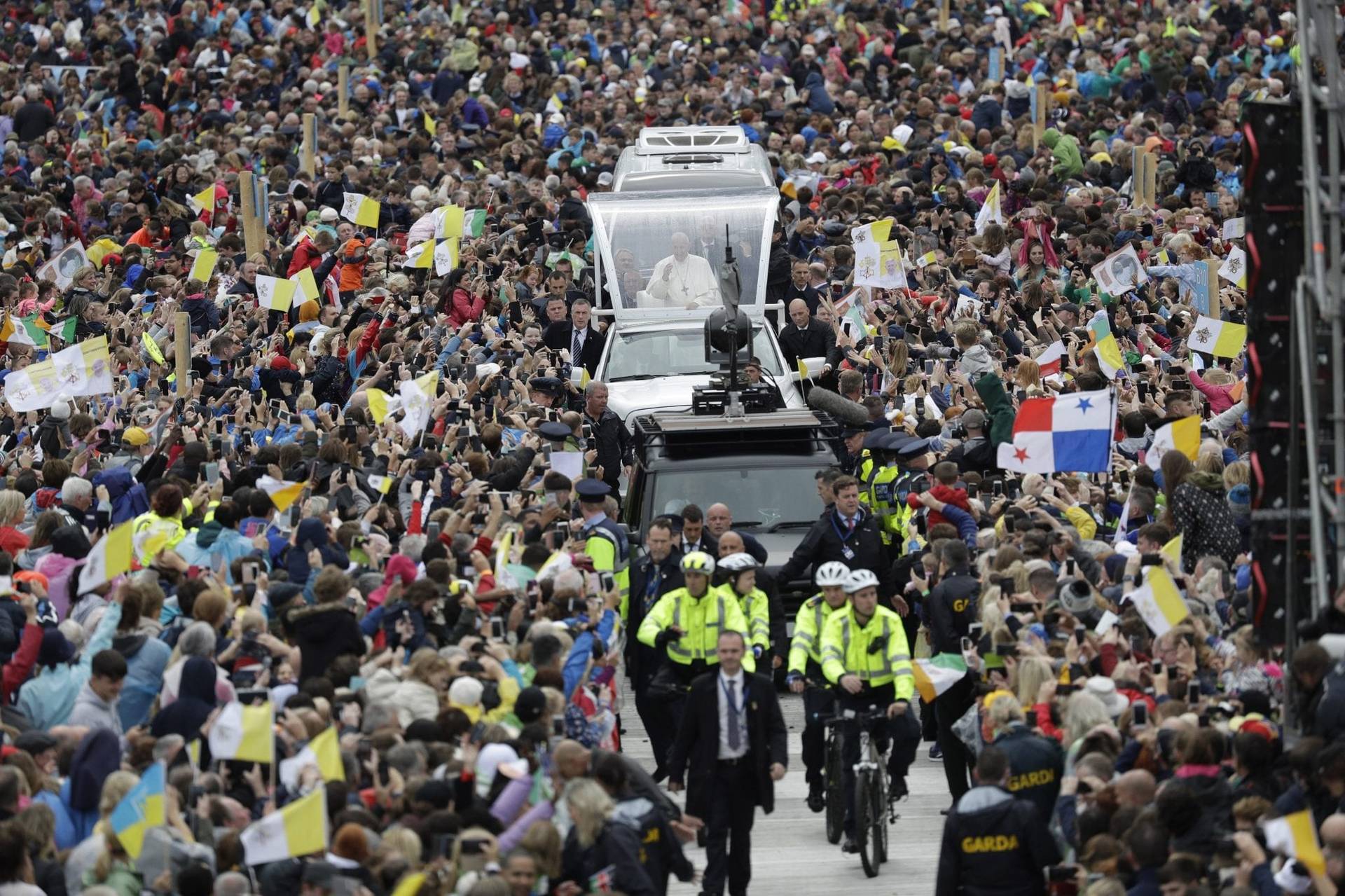DUBLIN – As the 2018 World Meeting of Families rolls on this week in Dublin, participants face the dilemma each day of choosing among a staggering variety of panels, talks, exhibits and other programs, often scheduled at precisely the same time in different venues.
Crux reporters are fanning out, trying to capture a cross-section of each day’s offerings. The following are highlights from Thursday morning’s events.
The Pastoral Congress at the World Meeting of Families wraps up on Friday, ahead of Pope Francis’s arrival in Ireland on Saturday. The pontiff is slated to celebrate the closing Mass for the World Meeting in Dublin’s Phoenix Park on Sunday, where he’s expected to draw a half-million people.
A ‘revolution of tenderness’ and some Vegas-style crooning
One of Francis’s closest allies and advisers on Thursday told the World Meeting of Families that the pope is pursuing a “revolution of tenderness,” which is an expression of the “motherhood” of God and the “strongest antidote to selfishness and a ‘throw-away’ culture.”
Cardinal Óscar Rodriguez Maradiaga of Honduras, the coordinator of the pope’s “C9” council of cardinal advisers from around the world, spoke to a crowd of several hundred people Thursday morning during day two of the World Meeting.
Families, Rodriguez said, are “the place for tenderness … the first place where we teach and learn how to love, and where the faith is transmitted.”
The call to tenderness, he said, is at the heart of Francis’s “messianic prophetic Samaritan Christianity” as opposed to a Church that’s “narcissistic” or “self-referential.” Francis, Rodriguez said, “wants us to put aside the fear of making mistakes,” and be more afraid of “imprisoning us in structures.”
Opening his talk, Rodriguez channeled a Las Vegas crooner, slipping into a strong baritone and leading the crowd in a Spanish-language anthem about Francis and the joy of the Gospel, drawing strong applause when he wrapped up.
James Martin packs the house
If the World Meeting of Families, as a local paper suggested is a “Disneyland for the Devout,” then American Jesuit Father James Martin’s presentation on LGBT issues and the Church was Thursday’s main attraction. Tickets were sold out, cameras filled the room, and people fought to get inside – throwing out both elbows and words (not to mention, apparently, any sense of Catholic piety).
Not a single seat was left empty, and people struggled just to get a look at the Jesuit priest. Though the presentation took place in a small hall, it easily could have filled one of the larger venues.
Though attendees seemed to reflect a variety of points of view, from members of the LBGTI community to people who disagree with everything Martin, known for his outreach to the gay community, represents. If nothing else, the turnout seemed to reflect a lively interest in both the speaker and the topic.
Tobin on the ‘fresh direction’ in ‘Amoris’
In the first appearance of a U.S. prelate following Cardinal Donald Wuerl’s withdrawal from the World Meeting of Families, Cardinal Joe Tobin of Newark, New Jersey kicked off his Thursday panel with a reflection on Francis’s “fresh direction” given to pastoral theology and practice on marriage.
He described that approach by noting that in the Gospels, “the Lord first embraces the person, then he heals them, and then he calls him to reform.”
“Every action is important, including the order,” he insisted.
Tobin’s remarks were followed by testimonials from three couples — which he dubbed as “the main course” — in which they all outlined how Amoris Laetitia, the pope’s 2016 apostolic exhortation on marriage and family life had provided a booster shot in their own lives and ministries.
Tobin told Crux afterwards that it served as a reminder that Amoris is about more than just a footnote — a nod to controversies triggered by the document’s cautious opening to communion for divorced and remarried Catholics — and said the example of the three couples, from Ireland, Canada, and Singapore, could serve as a reminder to those in the United States about what the document is ultimately all about.
The Witness of Women
With much of the media coverage of the World Meeting of Families focused on panels and talks featuring clergy- mostly cardinals and bishops- it’s easy to overlook the fact that many feature laity alone, 91 of whom are women and 65 men (with a total of 44 clergy).
One of those panels took place on Thursday, titled “Faith, Family and Development: The Witness of Women in Leadership,” which included Carolyn Woo, former CEO and President of Catholic Relief Services; Fionala Finnan, Deputy Executive Director of Trócaire, Ireland; and Yvonne Aki-Sawyer, Mayor of Freetown in Sierra Leon.
“We would like to inspire you on promoting leadership wherever possible,” Finnan said in her opening remarks to the some 500 people attending the panel.
As she noted, the number of women parliamentarians around the world has doubled since 1995, there are 21 female heads of state and government, and there’s a growing recognition of gender equality in international law. However, women are only 1 in 5 parliamentarians globally; only 20 percent of landholders are women, even though they represent a much wider workforce in farms; and only 5 of 100 signatories on peace agreements since 1990-2017 are women, “despite the fact that they disproportionally suffer the impact of conflict.”
Woo tasked with opening the panel, said she wanted to focus on “leadership through formation” by describing the three women who’ve most influenced her, all of whom “held no titles, no particular recognition, yet they taught me a lot about commitment, generosity, and particularly about faith.”
She spoke about her mother, her nanny “who was sold at the age of nine, and when I see refugees, I recognize my nanny in them;” and Sister Mary Joseph Rogers, foundress of the Maryknoll Sisters, from whom “I learned not only to talk, but also to give voice. I have lifelong lessons that I learned when I was 8 years old.”
Aki-Sawyer went from being a successful financier to returning to Sierra Leone after the first case of Ebola broke out in 2014. Even though she wasn’t a doctor, she understood as a manager that what was going on in the medical centers was less important than what was happening outside.
After six weeks, she was already working with the government agency addressing the emergency. It took a year for Ebola crisis to end in Sierra Leone, and not long after, she was elected mayor of Freetown.
None of what she’s done, she said, could have been possible without the support of her husband.
“Having family support is critical, but sharing the journey together, I think, is what allows that to happen,” she said.
On Sex and the Theology of the Body
“How can a priest, who is unmarried, tell people about family, sex and relationships?” asked Italian politician and academic Rocco Buttiglione during his morning panel at the World Meeting of Families.
“Priests are not supposed to have sex, at least in some cases…” he joked.
To answer the question that often crosses people’s minds when considering the Catholic Church’s teachings on sexuality, chastity, marriage, contraception and abortion, Buttiglione drew from Pope St. John Paul II’s teaching on the Theology of the Body.
All human beings, including priests, experience family life and relationships from within their own families. Like most, they learn love from watching and observing the relationship between their mothers and fathers.
“We see our mothers through the eyes of our fathers,” he said, quoting the late pope.
Buttiglione urged not being judgmental of homosexual relationships, and instead to engage with honesty and friendship. He also underscored the crucial role of children in society’s understanding of the family.
“The best thing about sex is children. And there is one thing even better than that, grandchildren!” said Buttiglione, who is 70 and a grandfather.














